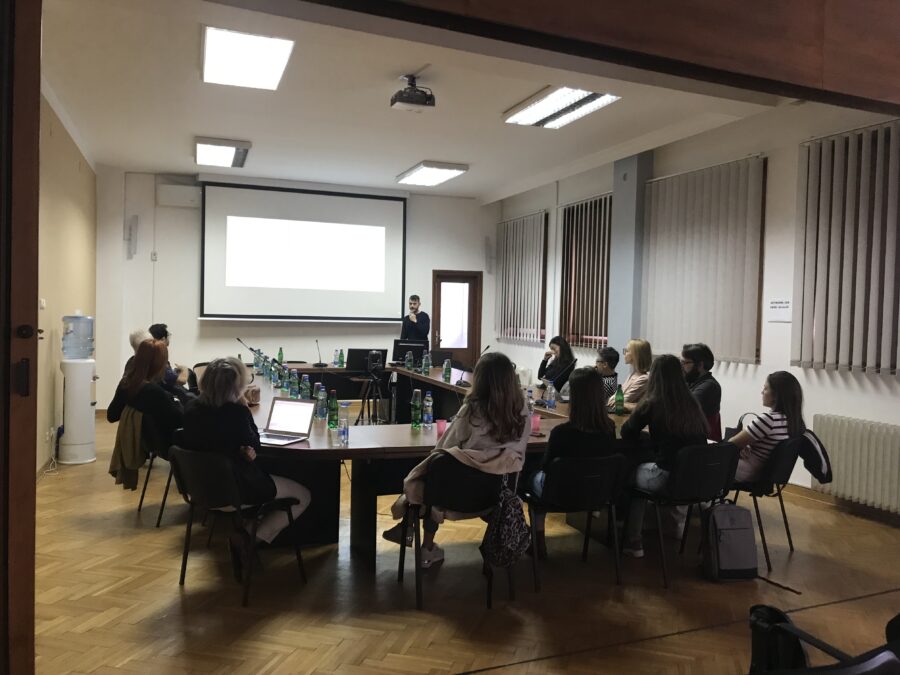Janko Nešić, research associate at the Center for Philosophy of the Institute of Social Sciences, in his lecture entitled „Autism: dysfunction or adaptation?”, discussed non-pathologizing ways of understanding autism through alternative philosophical perspectives of (dys)functionality and evolutionary theories of psychopathology.
Modern psychiatry looks at mental disorders/diseases through the medical model and from the perspective of dysfunctionality. However, some contemporary philosophical theories of cognition and consciousness bring alternative approaches to the concept of illness, especially psychopathology.
Mental disorders can be viewed from different models that are not reductionist, like the biomedical model. When it comes to the pathologizing of conditions such as autism (autism spectrum disorders, as it is currently called in psychiatry). The traditional approach to dysfunction in autistic persons is under severe criticism from the neurodiversity movement, for understanding the inner life and experiences of such persons, phenomenology and its methods of investigation are increasingly being used.
Connecting his presentation with the previous one at the seminar, Nešić pointed out that Justin Garson argued that psychopathology such as schizophrenia can be viewed as a strategy, not a dysfunction, which can also be argued for depression. In a similar way, from an evolutionary perspective, one can think about other mental disorders, so some of them are understood as developed cognitive styles (autism, ADHD and bipolar disorder).
In his presentation, the author vividly showed what talents and abilities autistic people can possess and develop if they are given an inclusive opportunity to do so. On this path to a better understanding of the spectrum of autism from a different, more integrative and more humane perspective, philosophy will play a significant role, emphasized Dr. Nešić.
Janko Nešić’s lecture is the ninth in a series of seminars on “Philosophy and Psychiatry” organized by the Center for Philosophy of the Institute of Social Sciences.

